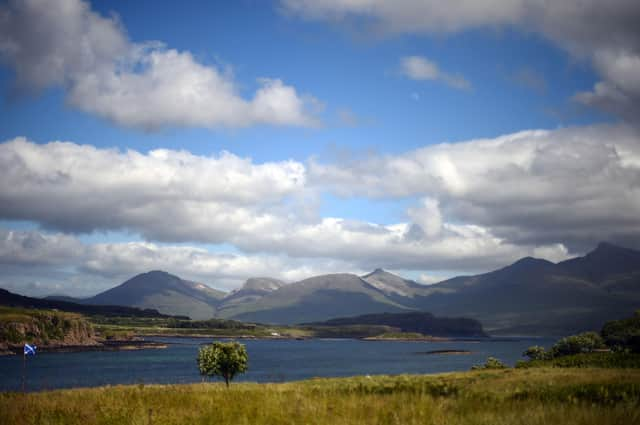Exciting times for Ulva following community buyout– Scotsman comment


The island of Ulva, just off Mull, is a prime example. In the 19th century, more than 600 people called it their home. Today, that once-thriving community numbers just eight.
However, following a controversial buyout under Scotland’s right-to-buy legislation, there are now hopes the population will rise to 14 by this summer and 20 to 30 in about five years’ time.
Advertisement
Hide AdAdvertisement
Hide AdThe North West Mull Community Woodland Company bought the island in 2018 from Jamie Howard, a former soldier whose family had owned Ulva for three generations. The Scottish Land Fund provided £4.4 million of public money while the community raised the remainder of the £4.65m asking price.
At the time, the Howard family condemned the way the sale had taken place while also wishing Ulva’s residents well and saying: “Time will tell if Ulva continues to be the rural, natural beauty that it is today.”
Those involved in the company have since been busy, clearing out bracken, putting up fencing to create a new hill park, and restoring stone dykes. They have built a micro-hydroelectric scheme, set up a firewood business, and now plan to hire a livestock manager to look after a herd of Highland cattle and a flock of sheep.
Their goal is “re-population, economic renewal and sustainable development of the island”. In seeking to achieve this, they are attempting to answer a question of global significance: how humans and nature can live together in harmony, rather than discord. For Ulva, these must be exciting times.
A message from the Editor:
Thank you for reading this article. We're more reliant on your support than ever as the shift in consumer habits brought about by coronavirus impacts our advertisers.
If you haven't already, please consider supporting our trusted, fact-checked journalism by taking out a digital subscription.
Comments
Want to join the conversation? Please or to comment on this article.